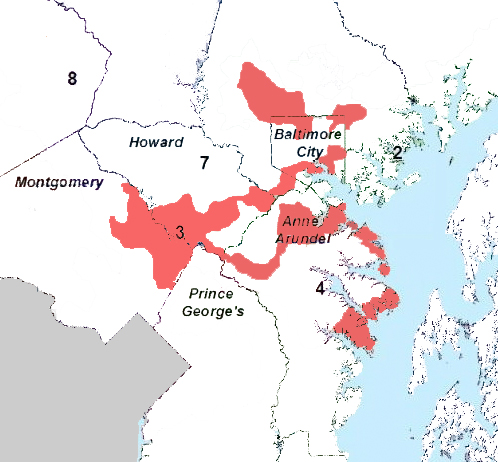"Safe space" was not a negative term before conservative media ridiculed it to death. I used to be a teacher. We were taught to assure students that they were in a "safe space" if they wanted to discuss something that was difficult or uncomfortable to discuss: Knowing that someone had cheated on a test or assignment; knowing that someone had illicit paraphernalia on school property; being abused, neglected, or bullied; having thoughts related to self harm or being LGBTQ; etc. In fact, my nephew has been caught engaging in some unacceptable behaviors recently. When I talked to him about it, I started with, "You know you can trust me, right? I'm not going to be angry with you about anything you say to me. You're in a safe place." The only difference now is that a lot of these "safe spaces" have been formalized. They're regularly scheduled meetings of a support group or in the most extreme cases, a room or a place where a person can seclude himself to cope with a traumatic experience. The concept is probably overextended, but it should not be controversial that victims of trauma have "safe spaces" to process their feelings. What constitutes a traumatic experience seems to have been widened significantly in recent decades, but I'm not in a position to tell someone else when they have been harmed. That's between them, the person that did it to them, authorities, and medical professionals. I have been told more times than I could ever count that racism doesn't exist and that my perception of racism is invalid. It's a hurtful and frustrating experience. I haven't felt the need to seek out a support group, but I do have my own self-constructed "safe spaces", which are nothing more than close friends and family with whom I feel comfortable discussing those things.
I go back and forth about canceling or preventing certain speakers. I'm also dating myself, but I was a student at CU-Boulder when Ward Churchill's essay about 9/11 gained international attention. It was three and a half years after the attacks, but he published it on September 12, 2001, before the bodies were even cold. In it, Churchill claimed that the attacks were the consequence of illegal American international intervention. He also criticized the people who worked in the World Trade Center and the systems that they represented. The outrage was deafening. On campus, I am happy to admit that feelings were conflicted. The administration, faculty, students, alumni, and community were all torn. A person should be allowed to express views as long as they do not incite violence or put life or safety in jeopardy. It took two years for the university to fire Churchill. Then his appeals process took another six years until ultimately the SCOTUS refused to hear his case. He was censored, but at the time, when so many people were still hurting so badly about 9/11, I can't say that I felt too badly for him. So, although people like Ann Coulter and Stephen Miller and Steve Bannon are relatively evil in my estimation, I don't begrudge them their platforms. Universities should allow different viewpoints to be presented. The consumers' (students') option is to vote with their feet and let the Ann Coulters of the world talk to an empty auditorium.

